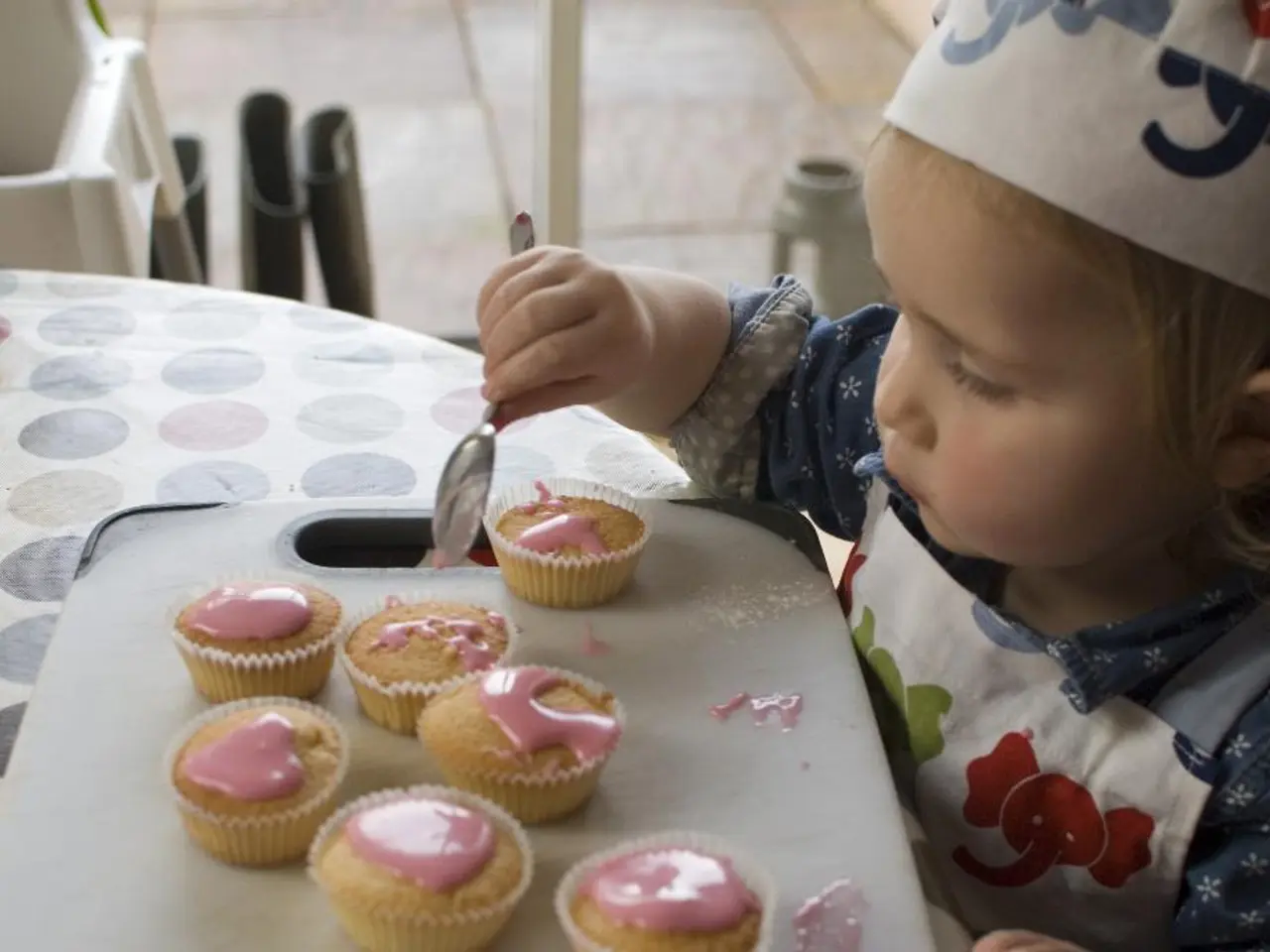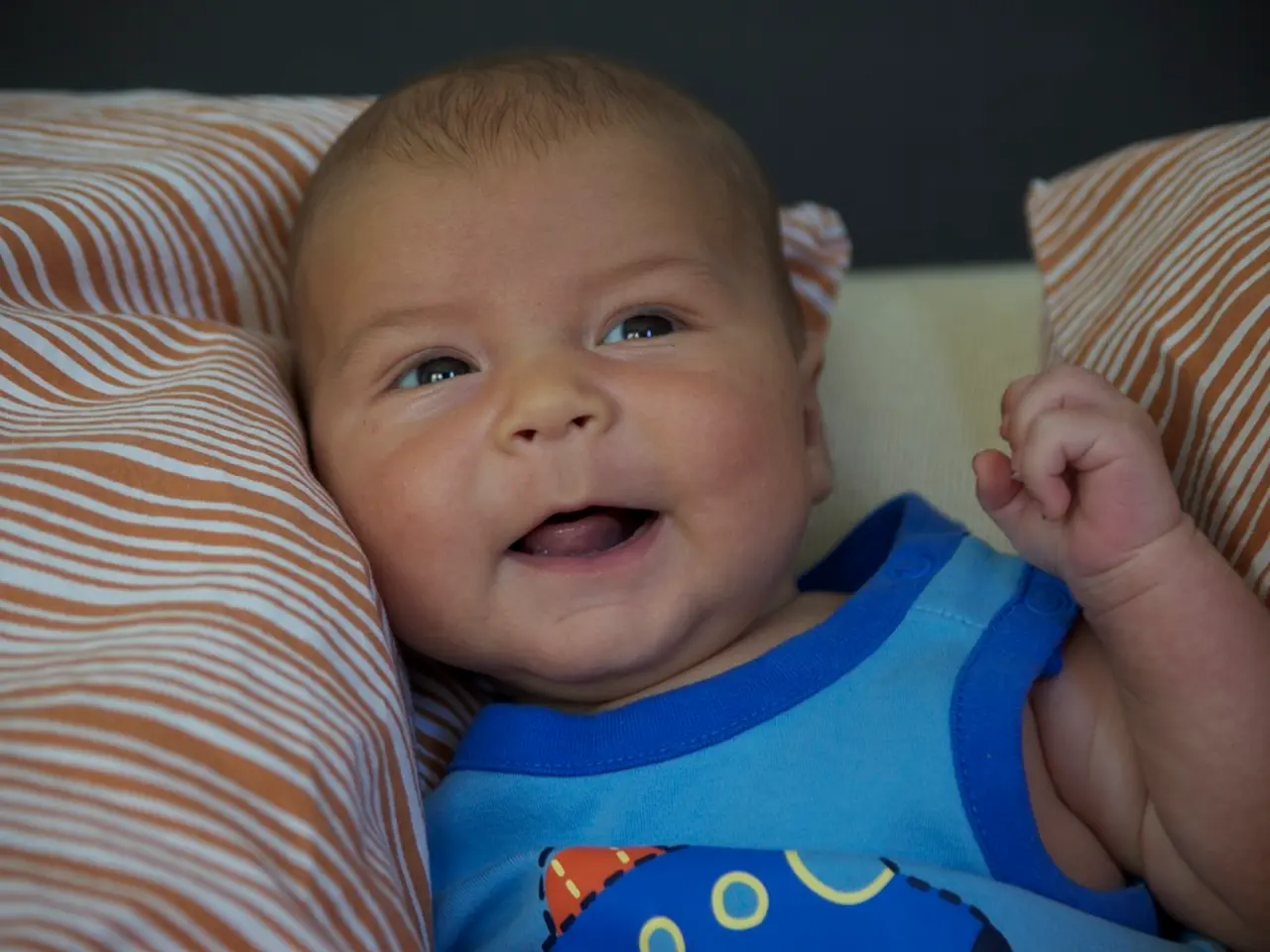Is Divorced Parents a Cause Leading to Codependency?
Codependency, a complex emotional and behavioural condition, can deeply impact a person's mental health, often being linked with depression and anxiety. This condition, which can manifest in various relationships such as friendships, romantic relationships, and family ties, is characterised by an unhealthy balance and, in some cases, emotional or physical abuse.
Understanding where self-talk comes from is key to starting self-care, a vital step in overcoming codependency. Often, self-talk is a leftover from childhood, shaped by the environment and experiences we encounter. Self-care helps you appreciate and accept yourself more. Keeping a journal to track your thoughts and feelings about self-care can show you how it's working for you, even small steps like checking in with yourself daily can make a big difference in your well-being.
People with codependent traits find it hard to care for themselves because they often feel unworthy. Building self-love takes time and patience to move away from codependency. Engaging in activities that truly recharge you, like doing hobbies or creative things, practicing mindfulness or meditation, spending time in nature, building supportive relationships, getting enough sleep, and taking care of your physical health are all forms of self-care.
In codependent relationships, one person often sacrifices their needs for the other, leading to psychological or physical dependence. This can create a cycle of dependency that is hard to break. Setting clear boundaries is crucial in healing from codependency. It means learning to say no, focusing on self-care, and taking charge of one's happiness.
Children from chaotic homes might become codependent to help out early. Growing up in unhealthy environments can lead to codependent behaviours. Kids may seek love and validation through these behaviours. Traumatic experiences, like emotional neglect, teach survival skills like fawning, which can make it hard to leave abusive relationships later on.
Divorce can also contribute to codependency in children. Divorce-related disruptions in attachment, family roles, and emotional security contribute significantly to the development of codependency in children. Recognizing these dynamics is critical to providing children with support and therapeutic intervention to develop healthier relational patterns.
Seeking professional help, such as therapy, is vital for overcoming codependency. Cognitive-behavioural therapy (CBT) is a top choice for treating codependency. Family systems therapy looks at family dynamics that might lead to codependency. Therapy is key in helping people overcome codependency and build better relationships.
Healing from codependency is a journey of self-discovery, personal growth, and building emotional resilience. It's important to spot unhealthy patterns and work on personal growth and healing. By breaking this cycle, we can build healthier, more balanced relationships and lead happier, healthier lives.
- Recognizing unhealthy self-talk as a remnant from childhood, a crucial step towards self-care and overcoming codependency, is key to understanding its origins.
- Engaging in activities that foster personal growth, such as learning new skills, pursuing hobbies, or practicing mindfulness, aids in building self-love and moving away from codependency.
- Consistently setting boundaries, which involve learning to say no, focusing on self-care, and prioritizing one's happiness, is essential in healing from codependency.
- Codependency can be rooted in childhood experiences, particularly those occurring in chaotic homes or unhealthy environments, where children may adopt codependent behaviors as survival mechanisms.
- Children whose families undergo significant disruptions, such as divorce, are at risk of developing codependency due to the resulting attachment issues, role changes, and emotional insecurity.
- Therapy, particularly cognitive-behavioral therapy (CBT) and family systems therapy, plays a vital role in helping individuals identify and address unhealthy relationship patterns, promote personal growth, and overcome codependency.




